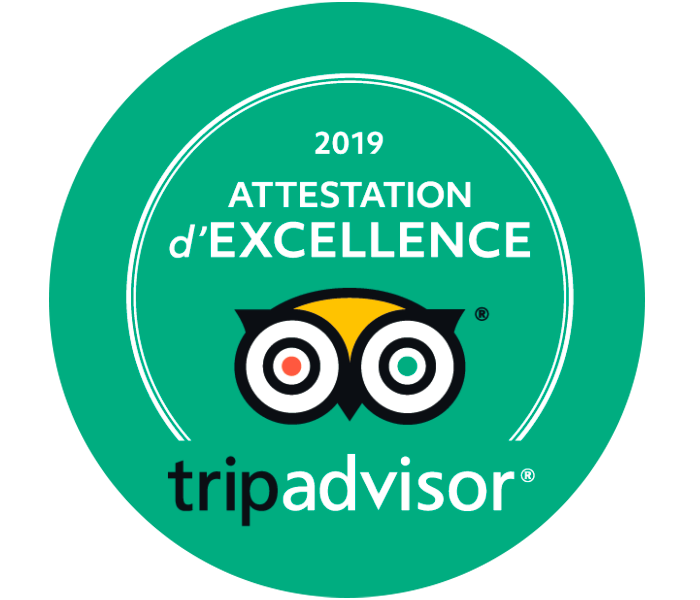Act in depth and deepen your knowledge!
For more than 30 years, the Seaquarium Institut Marin has been involved in actions of research and improvement of knowledge of the seabed.
The projects are very varied, ranging from the preservation of seahorses to marking Mediterranean blue sharks or even the fight against cigarette butts on the ground.
These missions are orchestrated in collaboration with the teams of the Seaquarium Institut Marin, NGOs, universities, innovation companies and project leaders.
The Seaquarium Institut marin also positions its aquariums as a place to support possible tests of new sea technologies.
Finally, through scientific expeditions, it goes to understand the key mechanisms of the richness of the seas.
All of these missions are retransmitted to visitors during the highlights.
Key figures
- More than 45 events per year: conferences, exhibitions, stands, cinema-debates, so many moments to share knowledge.
- More than 20 sea trips and dives per year for local, Mediterranean research projects.
- Active participation as a member of the Ocean Climate Platform, member of the network of aquariums fighting against marine litter, member of the eco-actors of the Camargue Biosphere Reserve.
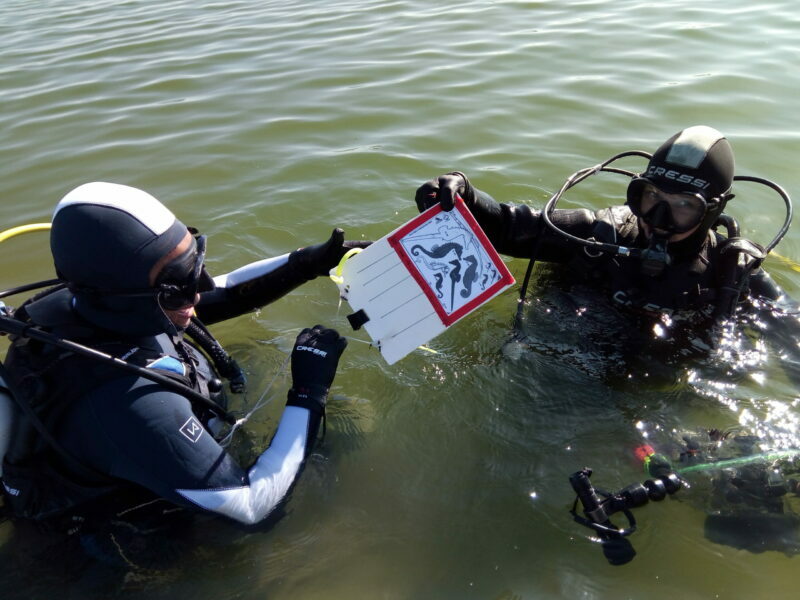
Our scope of action
The Mediterranean Sea and more specifically the Gulf of Lion and a few missions abroad to improve knowledge of certain ecosystems.
We also work in North-South Mediterranean collaborations.
Focus on a few projects
- Short-snouted seahorses from Espiguette (with the Peau Bleue association of specialist Patrick Louisy, Biotope and the Camargue Regional Nature Park):
Since 2012, Le Seaquarium has been watching and alerting the seahorse population around the Espiguette bench, which is also home to many other marvels!
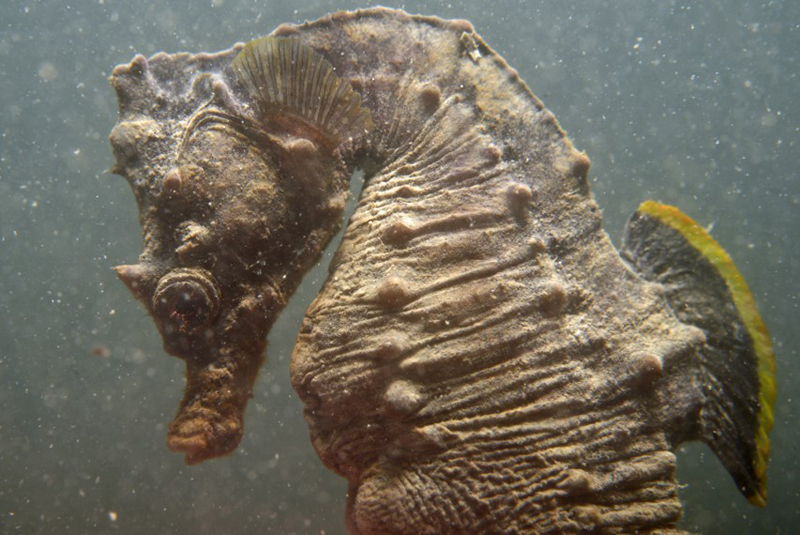
Short-snouted Seahorse
©Patrick Louisy/Peau Bleue - Blueskin shark from the Gulf of Lion, in association with the Stellaris association, the Munich aquarium, IFREMER and the OFB.
What if our gulf played a vital role as a nursery for blue sharks?
This is the question our research tries to answer! - ReSeaclons: A unique project of its kind developed at Grau du Roi, with strong financial and technical support from the Seaquarium Institut marin.< br>
This is about the creation of an innovative sector for the collection and recovery of wild marine plastic waste by fishermen, thanks to an innovation led by TRIVEO.
A project financed by European fisheries funds (EMFF and the Occitanie Region).
ReSeaclons development, a start-up born as a result of the project, ensures the deployment in other ports in Occitania and elsewhere: contact Reseaclons . - Blue Barriers: an innovation to block litter from land before it enters the sea, upcoming project.
With the Vidourle ETPB, the Seaquarium Institut Marin is considering a test operation of the Blue Barrier (new created by an Italian start-up).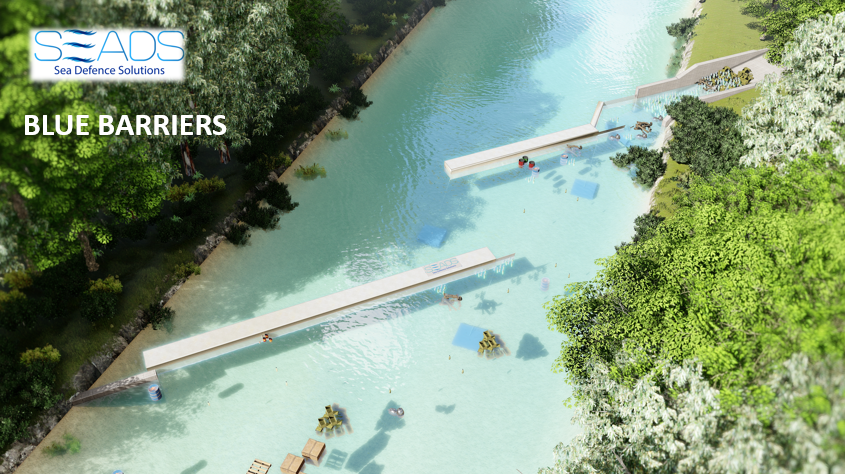
Blue Barriers: an innovation envisaged on the Vidourle - Views of young people: to discover and introduce people to the professions of the sea.
This project began on the theme of fishing at Grau du Roi in 2019 with the support of young people from the area who were trained in taking images and videos to discover what they themselves were discovering around the fishing port of Grau du Roi (financed by the European funds for fishing and the Occitanie Region).
The Seaquarium Institut marin is investing in a project in 2022 with a class of CM2 for the discovery of the job of a wildlife photographer on a mission to meet Orcas in Norway. Thomas Roger will be the director of the final exhibition created by and for the students.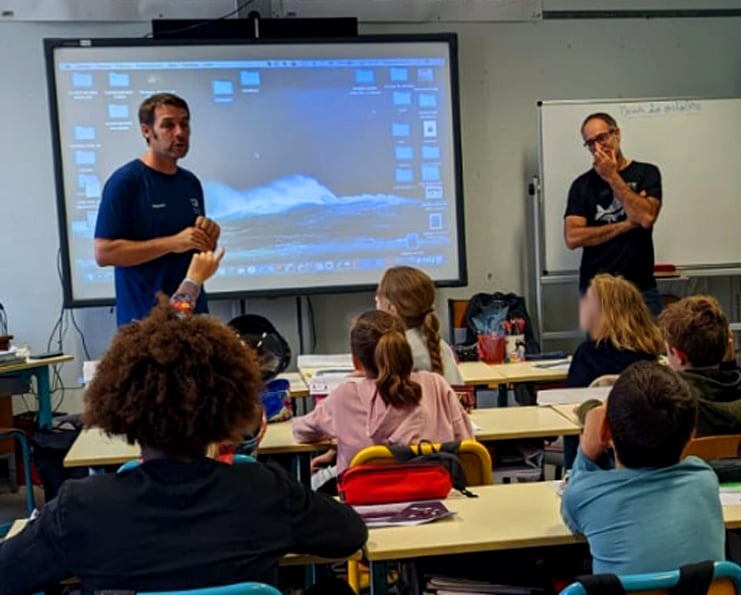
Meeting of Thomas and Skan with the students of CM2 - Monitoring seagrass beds on the Gard coast
Not far from the Seaquarium, there are several seagrass beds of Dwarf eelgrass.
Identified in 2010, they are now much more extensive and this is good news for marine life in terms of water quality and carbon storage and sediment.
Monitoring their evolution and raising the awareness of bathers are essential to ensure their sustainability and allow a real understanding because these aquatic lawns are important ecosystems for marine fauna. .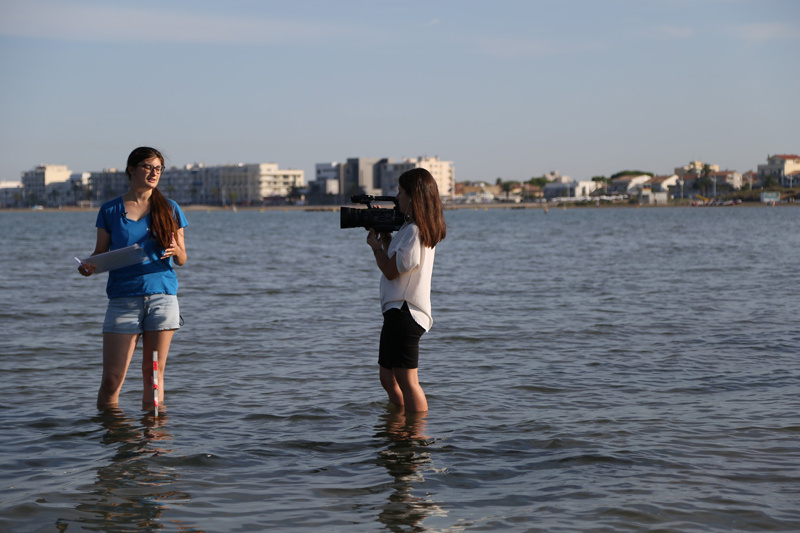
Melissa on the herbaria tracking area - educational marine areas: with the support of the Syndicat mixte de la Camargue gardoise and the motivation of the André Quet school in Grau du Roi, a CM1 class (Mr Nicolas) has been in charge of the Educative Marine Area “La Plage des Merveilles” since 2021.
The educational system of the OFB involves schoolchildren but also parents as well as all users of the site and promotes understanding of the ecological and responsible management of a space.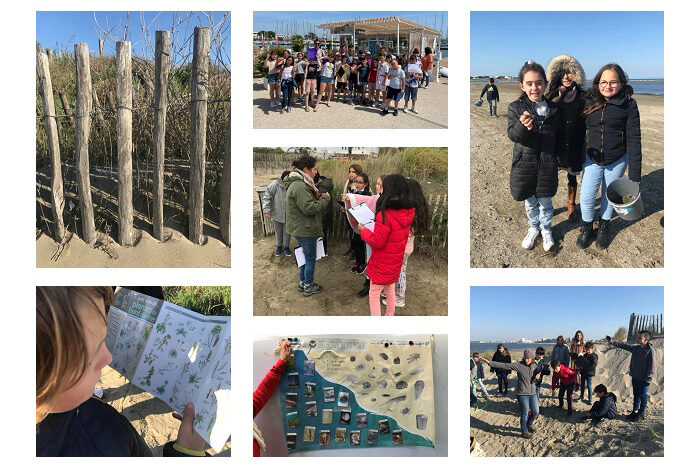
CM1’s class output on its AME - The Seaquarium Marine Institute participates directly in campaigns to disseminate good practices for the protection of marine ecosystems.
Addressing citizens and sometimes more specifically to target actors: fishermen, boaters (Ambassadors of the program Ecogestes Méditerranée Occitanie) but also managers and decision makers of the organization of the territory and uses. - Seaquarium Marine Institute is also a support for several structures working for the marine environment.
Each year it engages in partnerships and sponsorship towards structures committed to the environment, participates in Medfund for the marine protected areas of the Mediterranean, participates in Cestmed for safeguarding sea turtles, and many other projects and associations to promote scientific culture and participatory sciences such as the programs of the network Sentinelles de la Mer Occitanie.
But also…
In short
The Seaquarium Institut marin plays a role of assembly and prescriber on the territory, directly linked to the knowledge acquired during research missions.
All this work contributes to the safeguard of our beautiful Mediterranean.

